Filter >>
Content Filter:
The cost of heating leaves many European households feeling burnt. Three-quarters of our heat is still supplied by expensive fossil fuels, and heating homes is Europe’s biggest gas user, which creates a twin dilemma: How do we clean up heat,… View Summary +

For cities, the fast growth of electric vehicles (EVs) is a challenge and an opportunity. In the process of becoming cleaner and smarter, cities face a two-fold challenge: First, they are promoting a shift towards more sustainable modes of transport… View Summary +
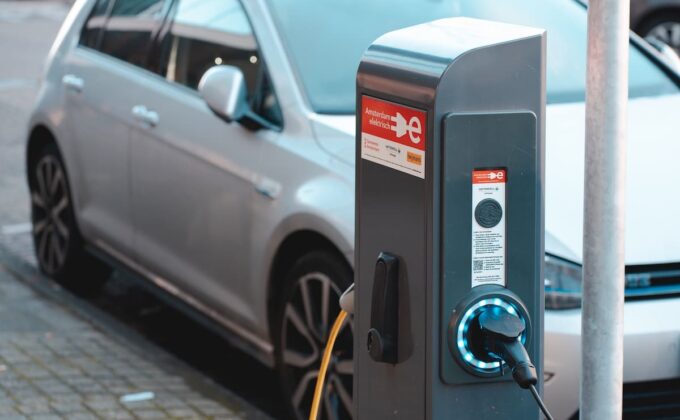
La energía utilizada para la calefacción y refrigeración representa alrededor del 50% del consumo total de energía en el mundo. De esta cifra, casi la mitad se consume para calentar edificios. Y la mayor parte de la energía utilizada se… View Summary +
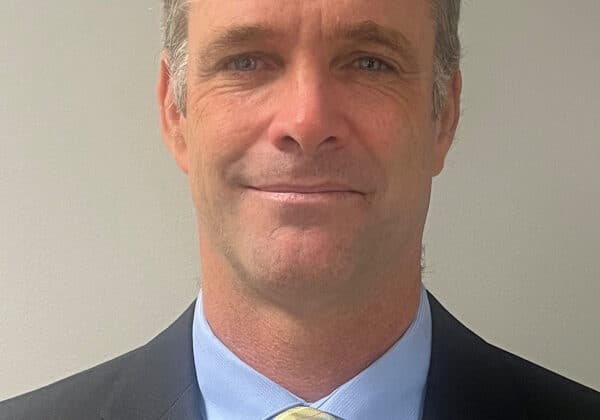
Europe is heavily reliant on fossil fuels in the heating sector. The EU has set itself a goal of deploying 30 million additional heat pumps by 2030. To advance the transition away from fossil fuels in the heating sector,… View Summary +
The government of the United Kingdom is currently consulting on whether it should mandate that all new gas boilers sold from 2025 be ‘hydrogen-ready’ — that is, they can potentially be converted to run on pure hydrogen in case… View Summary +
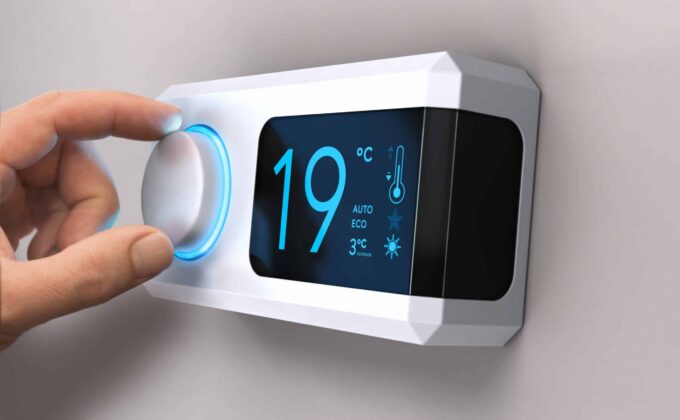
As expansive and even overwhelming as the Inflation Reduction Act (IRA) seems to be, it is important to remember that the IRA authorizes a number of different programs that will benefit states — programs, for example, that may… View Summary +

As we move towards the endgame in the Energy Efficiency Directive (EED) revision, what should negotiators be considering as they recraft the key energy saving provisions — the energy savings obligation? The right level of ambition … As part… View Summary +
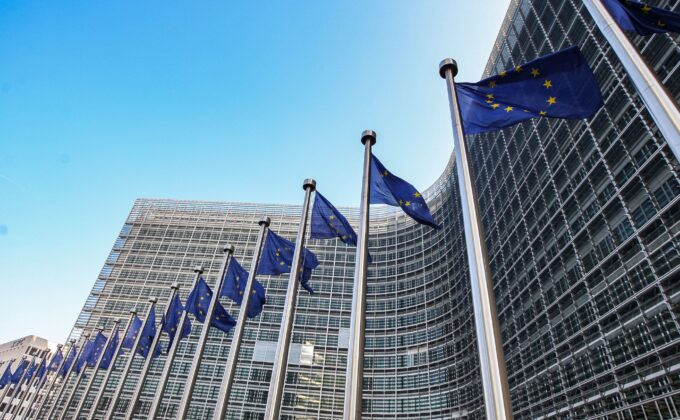
With fossil fuel prices skyrocketing, emissions from homes in the UK stubbornly high and the price of clean electricity from renewables tumbling, it’s clear that we are not taking the right approach to heating our buildings. Heating, which is dominated… View Summary +
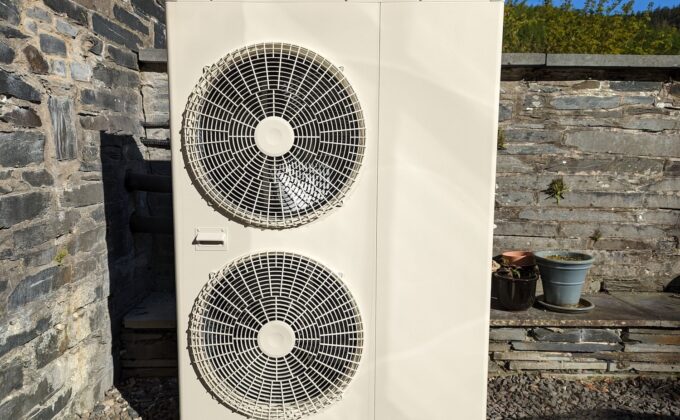
RAP developed a model rule for use by U.S. state and local air quality regulators to reduce nitrogen oxide (NOx) emissions from water heaters. This technical support document was published to assist regulators and staff in understanding and making… View Summary +
